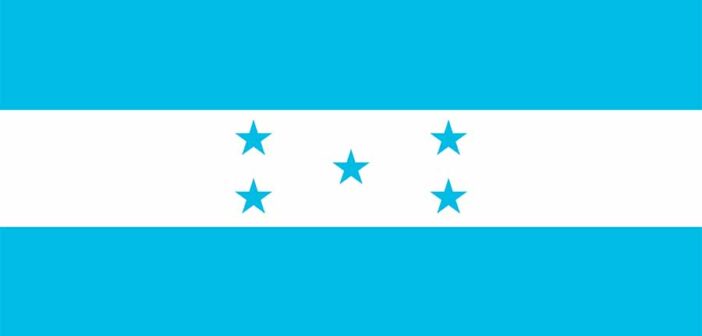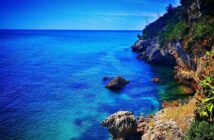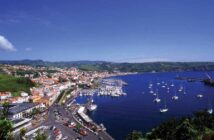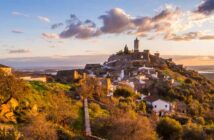- “The Good Lie” (2014): Although not entirely set in Honduras, this film tells the story of Sudanese refugees who find themselves in various locations, including Honduras, after fleeing their war-torn homeland. It portrays the struggles and resilience of these individuals as they adapt to a new life while highlighting the diverse landscapes of Honduras.
- “La Bodega” (1997): Directed by Gilda B. Brasch, this Honduran drama explores the lives of four women working in a liquor store in Tegucigalpa, the capital city of Honduras. With a focus on the challenges, dreams, and complexities of these women’s lives, the film offers a glimpse into Honduran society.
- “Morazán” (1977): A biographical film about Francisco Morazán, a notable Honduran politician and military leader who played a crucial role in Central America’s independence struggles during the 19th century. This historical drama delves into the life of Morazán and his efforts to unify the region.
- “El Juego De La Silla” (2012): Directed by Ana Carolina Alvarez, this Honduran drama tells the story of a group of young teenagers coming of age in Tegucigalpa. The film explores themes of friendship, love, and the challenges faced by the youth in Honduran society.
- “Padre nuestro” (2007): Although primarily set in the United States, this film includes a significant portion that takes place in Honduras. It follows the journey of a young Honduran immigrant who travels to the United States in search of his biological father. The film addresses the struggles faced by immigrants while also showcasing aspects of Honduran culture.
- “Caramba” by Nina Marie Martinez: This novel tells the story of an adventurous young girl named Caramba who embarks on a journey through the colourful landscapes of Honduras. It explores themes of cultural identity and self-discovery.
- “The Mosquito Coast” by Paul Theroux: Although not exclusively set in Honduras, this novel follows an American family who moves to a remote town in Honduras to escape the perceived corruption of modern American society. It provides a perspective on Honduras and its people.
- “The Long Night of White Chickens” by Francisco Goldman: This gripping novel highlights the complex political and social realities of Honduras. It centres around the mysterious death of a young Guatemalan girl and explores themes of love, loss, and human rights in Central America.
- “The Tattooed Soldier” by Hector Tobar: Set in Los Angeles and Honduras, this novel weaves together the lives of two men linked by a tragic event during the civil war in Honduras. It explores the themes of trauma, revenge, and the immigrant experience.
- “The Ships” by Vilma Fuentes: This historical novel is set during the golden age of piracy and explores the relationship between pirates and the Bay Islands of Honduras. It offers a glimpse into the region’s rich maritime history
WANDERLIST: Honduras in books and on film
0
Share.




